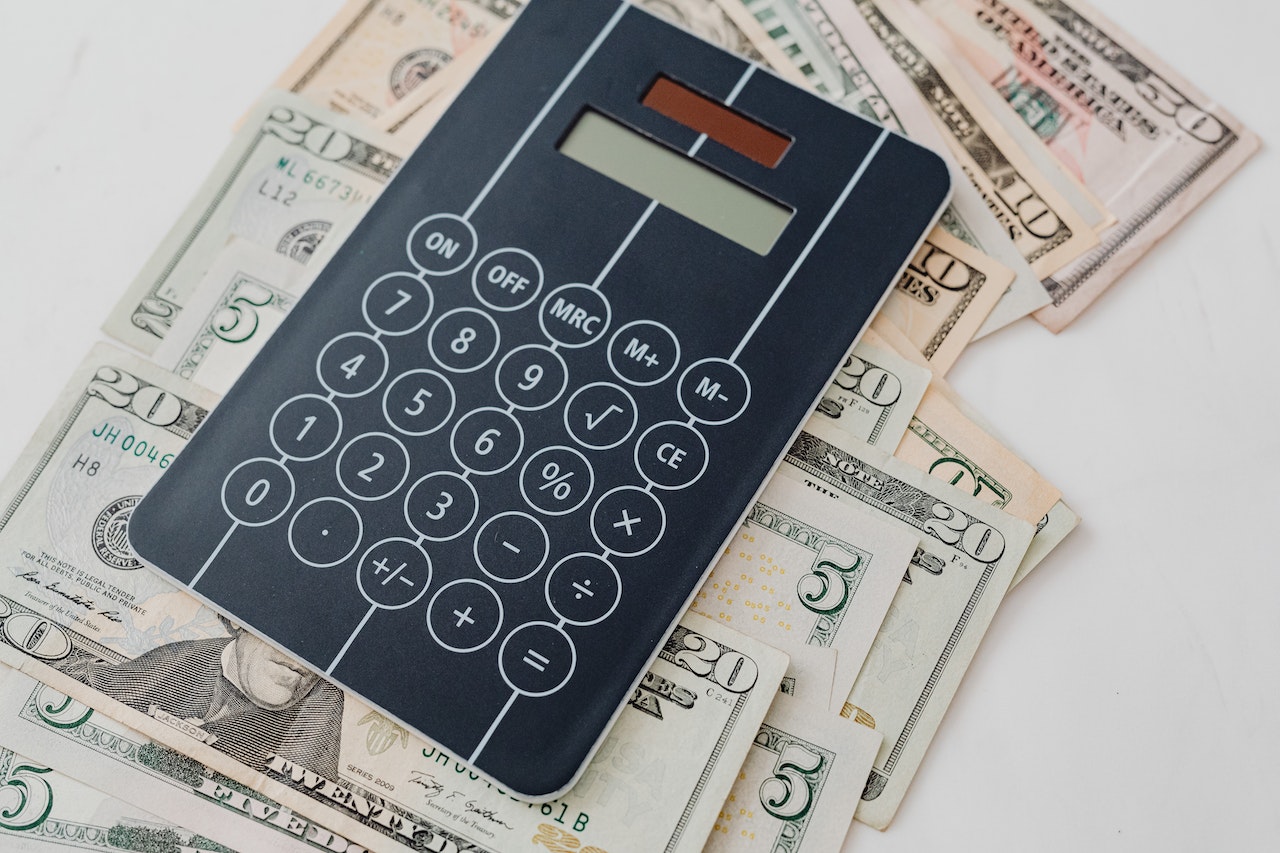Comments
- No comments found

A Certified Public Accountant (CPA) is a professional accountant having met specific education, examination, and experience requirements and has also been licensed by their state's board of accountancy to practice public accounting.
CPAs are highly skilled in accounting, auditing, tax preparation, and other financial services. They are experts in interpreting financial statements, analyzing financial data, and guiding companies' financial decisions.
This article will tell you everything about CPA and how small business owners can reduce their tax liability.
Individuals who want to be a CPA must typically meet the following requirements:
Education: Most US states require a bachelor's degree in accounting or a field related to accounting from an accredited college or university. Some states may also require additional accounting coursework beyond a bachelor's degree.
Examination: Candidates must also pass the CPA Exam, administered by the (AICPA). The exam has four sections, covering auditing and attestation, business environment and concepts, financial accounting a and reporting, and regulation.
Experience: Similarly, candidates must have a certain amount of work experience in public accounting, typically 1-2 years.
Ethics: They must also pass an ethics exam containing ethical and professional standards in accounting.
Once these requirements are met, they can apply for a CPA license from their state's board of accountancy. CPAs must complete continuing education courses to maintain their license and stay up-to-date with changes in accounting standards and regulations.
CPAs can provide a wide range of financial services, including tax preparation and planning, financial statement audits, and consulting on financial matters such as mergers and acquisitions. They work in various industries, including government, non-profit organizations, and private businesses.

As a small business owner, reducing your tax liability is important in managing your firm's finances. Here are some strategies that can help you lower your tax bill:
The IRS allows businesses to deduct various expenses, including rent, utilities, and supplies. All these expenses are necessary for running the business. By keeping careful records of these expenses, businesses can reduce their taxable income and lower their tax bill. As a business owner, you can also deduct expenses related to business travel, meals, and entertainment, but make sure that you keep receipts and records of these expenses.
By offering a retirement plan to your employees, such as a 401(k) or SEP-IRA, you can help your employees save for retirement and reduce your business's taxable income. Any contributions to retirement plans are tax-deductible, and you can also contribute to your retirement account as a business owner.
If you own property, equipment, or other assets used in your business, you can depreciate them over time, which lets you deduct a portion of their value each year. This can help you reduce your taxable income and lower your tax bill.
A qualified tax professional like a CPA can help you identify additional deductions and credits available to your business and can help you develop a tax strategy that minimizes your tax liability. They can also help you stay updated with changes in tax laws and regulations that may affect your business.

A Certified Public Accountant (CPA) can help small businesses reduce their tax liability in several ways:
A CPA can help a small business identify all of the deductions they are eligible for, which can reduce taxable income and lower tax liability. Since CPAs are well-versed in tax laws & regulations, they can ensure that the business takes advantage of all the deductions available.
A CPA can show you how to reduce tax liability for small business by reviewing the business's financial statements and recommending minimizing taxes. For example, a CPA may suggest that a business owner invests in equipment or property to take advantage of tax credits or depreciation deductions.
Payroll taxes can be complex, and a CPA can help ensure that a small business meets all its payroll tax obligations. They also help the business take benefit of payroll tax credits and deductions available to them.
A CPA can help a small business set up a retirement plan, such as a 401(k) or SEP-IRA, and maximize contributions to reduce taxable income. The business owner can save for retirement by contributing to a retirement plan.
Tax laws and regulations can change frequently, and a CPA can help a small business stay up-to-date with these changes. This can help the business avoid penalties and take advantage of new tax breaks.
Overall, a CPA can provide valuable tax planning and preparation services to help small business reduce their tax liability and maximize their financial resources.

Getting the best CPA services for your small business is essential to ensure that your financial records are in order and that you comply with tax laws and regulations. Here are some steps you can take to get the best CPA services:
Before you hire a CPA, define your business's financial needs. Do you need help with bookkeeping, tax preparation, or financial planning? Understanding your needs will help you choose a CPA with the right expertise.
Look for a CPA with the credentials you need, such as a CPA license or a degree in accounting. You can check their credentials through state licensing boards or professional associations such as the American Institute of Certified Public Accountants (AICPA).
You may also ask other small business owners in your area for referrals to a CPA they trust. For example, if you need Chicago accounting services, you should ask a Chicago-based business for referrals.
Once you have a list of potential CPAs, research them online. Check their website, social media presence, and online reviews to get a sense of their experience plus reputation.
As a Chicago-based business, before you hire a Certified Public Accountant in Chicago, schedule a consultation to discuss your business's needs and services. This will help you determine if they are a good fit for your business and if they have the expertise you need.
Lastly, ensure you understand the CPA's fee structure before hiring them. Some CPAs charge hourly rates, while others have a flat fee. Ensure that you understand what services are included in the fee and if there are any additional costs.
Leave your comments
Post comment as a guest